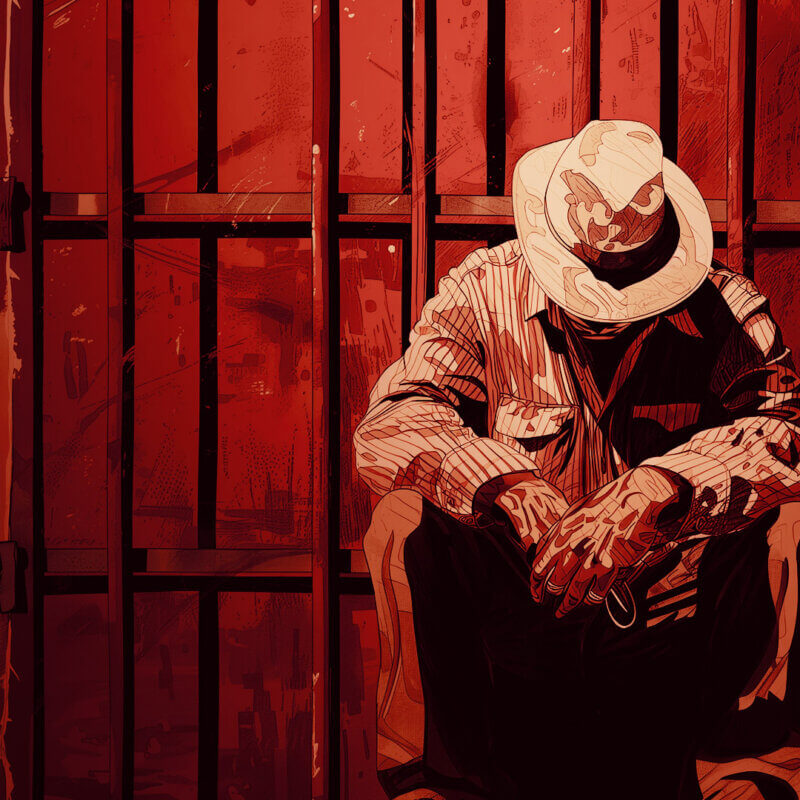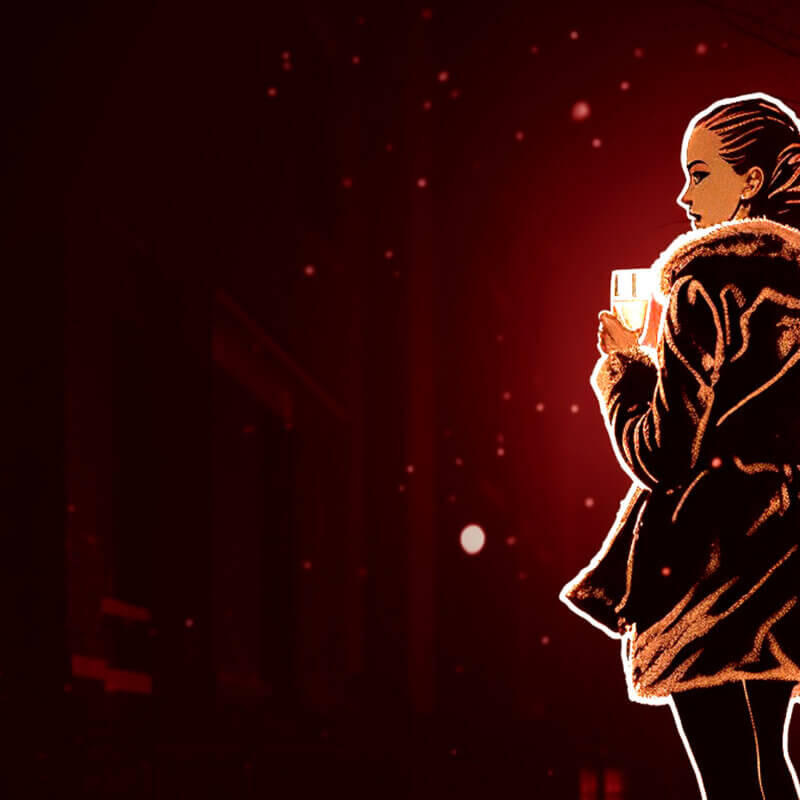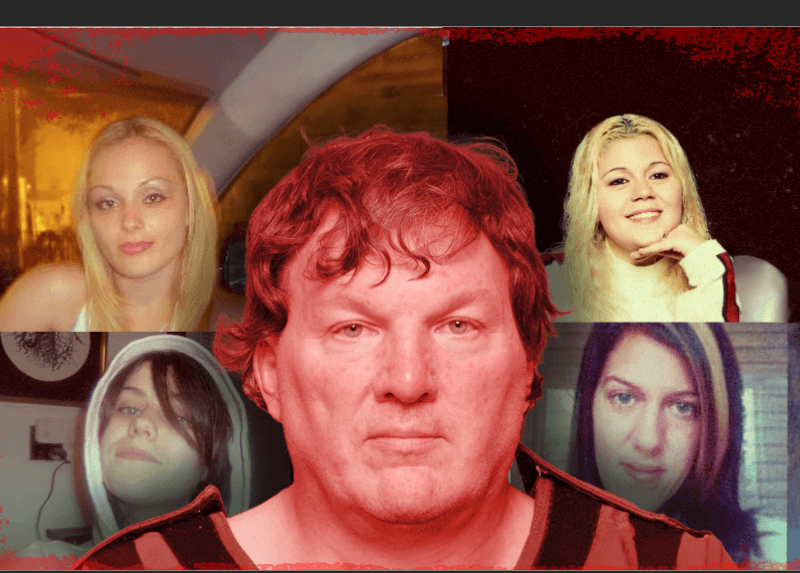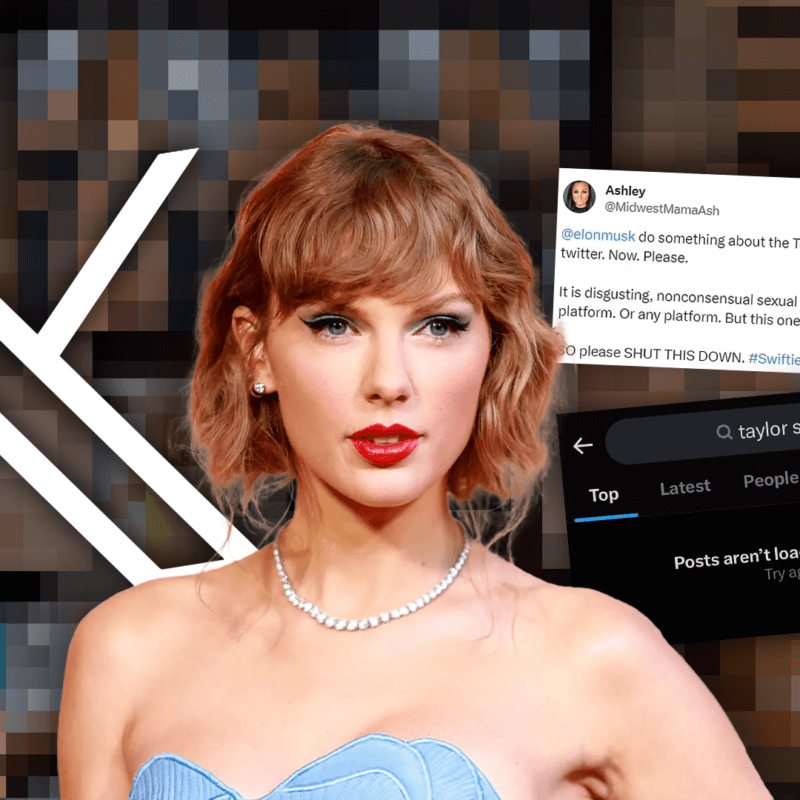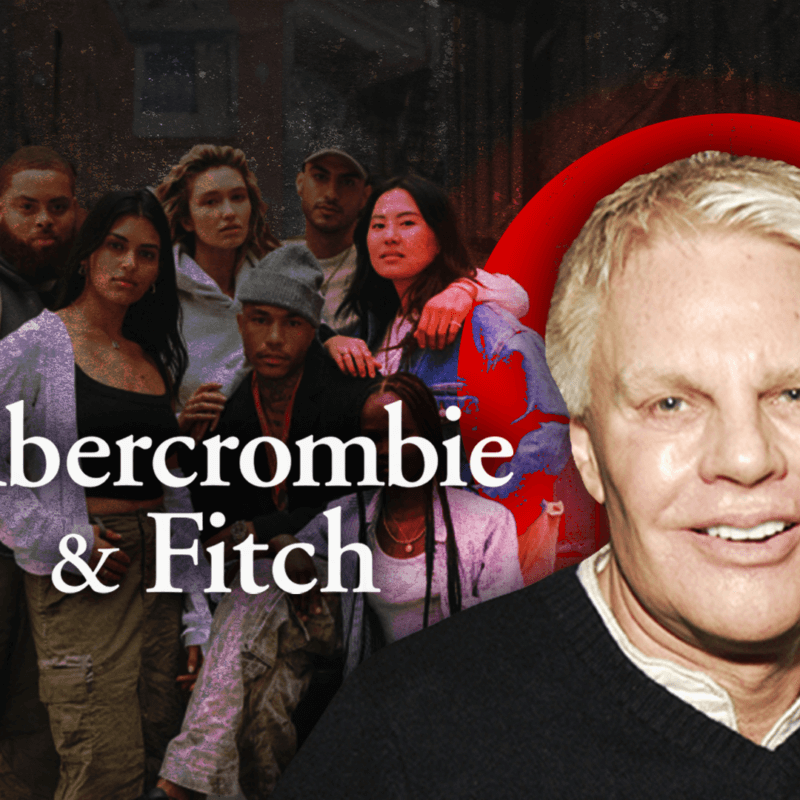We often hear or think about hookup culture from a male’s perspective—the ways pornography teaches boys to objectify women, coerce them into sex, and demonstrate degrading behavior toward them in sexual language and encounters.
Hookup culture however, just as equally, and importantly, involves women. It involves their objectification, their (sometimes) willing participation, and the belief that their value or empowerment is found in their ability to show their sexual prowess or gain a man’s attention or sexual desire.
So, is hookup culture really good for women? Is it the empowering new sexual paradigm giving women their agency back after years of oppression? Or is it actually just rape culture in disguise—a culture that glorifies both subtle and obvious acts of sexual assault, and further degrades women.
When we filmed our 2017 Netflix documentary, Liberated, we documented women’s experiences and journeys on spring break, a hugely popular phenomenon among college students, notorious for casual hook-ups, partying, and lots of alcohol. While filming in Cancun, Mexico, we met Kimmy, a 21-year-old college student attending her first ever spring break.
Kimmy and her friend Farrah let our film crews follow them around on some of their experiences, and interview them as they honestly confronted the pressures of the hookup culture they’d grown up in.
When we interviewed Kimmy and Farrah, they had been partying for multiple nights and taken part in a bikini contest. Kimmy shared what some of the experiences were like, as well as her struggle growing up as a woman in a highly sexualized culture: “The bikini contest was such a testament to our lives. We’re standing and being compared all the time, and being shamed because… we’re not the same. And it starts even when we’re young.”
She divulged that she first asked for nude pictures when she was in 8th grade and says, “I was so confused as to why they would ask me for that. And a lot of the time when I wouldn’t… they would just lose interest. And when you’re at such a vulnerable age, you’re like, ‘no one’s going to like me.’”
When turning the conversation to her 13-year-old sister, Kimmy breaks crying, realizing the realities her sister will also have to face. She says, “I don’t want her to be pressured… I want her to feel strong and I want her to make her own choices. I want her to know she’s beautiful and I don’t want her to base her worth on other people. It’s hard growing up and just seeing the cycle continue.”
A dominant theme in our three years of filming at spring break became very apparent: Women and girls in today’s society have become indoctrinated with the idea that being objectified and desirable to a guy is the highest form of empowerment – that acceptance for nothing more than your body and how you can perform for a man, provides some sort of powerful agency.
Women have become active agents in their own objectification. And a big part of the problem is porn’s prolific influence in creating transactional and degrading sexual encounters.
RELATED: Is There a Connection Between Porn and Rape?
In the film, political scientist and educator, Dr. Caroline Heldmen, shares, “I think that women believe that being a sex object is empowering because it makes them feel as though they are wanted and desired. But the idea that our bodies are our value means that we are forever dependent on men to validate us, we are dependent on an outside source to say that we are important, to say that we are valuable.”
Objectification is a reality women and girls have been conditioned to accept and even embrace with a, “If you can’t beat ‘em, join ‘em,” sentiment. And this sentiment is informed and incubated by the powerful messages being sent through mainstream media and our porn-saturated world.
Not only is it degrading, and incredibly disrespectful, but hookup culture also incurs a culture of sexual violation and aggression.
We see women in Liberated being sexually assaulted on the beach in a wide variety of forms: from being slapped, grabbed, and groped, shouted at to “show your t*ts,” having their bikinis ripped off by a crowd of men, to a full on gang rape that occurs on the beach in braod daylight (not captured on film). While the women are not always “happy” about it, there is a broad acceptance or general allowance of what’s happening, and in some cases, a seemingly willing participation in violent and degrading sexual scenarios.
In Liberated, Gail Dines, a professor of sociology and women’s studies at Wheelock College, addresses why girls would ever subject themselves to this toxic environment: “We want to be valued and we want to be visible. In order to be visible you have to behave a certain way, act a certain way and if you don’t, you are basically rendered invisible.”
In the sequel mini docu-series, Liberated: After Spring Break, we meet up with Kimmy again, a few years after we first met, and tour college campuses in the US and UK, unpacking the toxicity and pervasiveness of hook-up culture with college students.
In the series, Kimmy reflects on how hookup culture has damaged her and others around her. She also meets Shay for the first time, the main guy featured in Liberated. Shay has undergone some major transformation in the years since Liberated was shot, but in the film he encapsulates a reckless, self-satisfying, ego-fueled male, sleeping with as many girls as possible and ruthlessly flaunting his female conquests to his peers.
In After Spring Break, Kimmy struggles to watch Shay in these original scenes from Liberated, overcome with emotion at the blatant way he was using girls. She goes through a real wrestle to forgive Shay.
RELATED: Why I Stopped Exploiting Women
But if hookup culture were truly empowering for women, Kimmy would feel the opposite. She would feel inclined to praise Shay’s actions for all the “validation” he was giving to all the girls he slept with. When you see hookup culture for what it truly is, the reality becomes clear.
Kimmy shares, “I took it personally because I saw myself as all those girls. All we wanted was a moment to feel valued and to feel loved, and to feel cared for. I mean I always knew that hookup culture, or engaging in hookup culture… I knew that the guy was just trying to get off. But, for a few moments, I would have lied to myself that I was feeling secure or feeling loved. The action of him and his friends laughing about it after, made me realize that not even for a second did I have that.”
Hookup culture and objectification does NOT empower women—it degrades us. It puts our value solely on the way we look and ability to please another sexually. It shames us if we “put out” and also shames us if we don’t.
Hookup culture gives “visibility” to girls, sure, provided they follow its narrow porn-inspired principles. But it undermines everything else about their worth—intelligence, character, career goals, personal achievements, the pursuit of excellence. These mean nothing in a world that only wants your body.
If you haven’t yet, watch Liberated: The New Sexual Revolution, available exclusively on Netflix. The film sheds light on today’s young adult hookup culture and the pervasive sexual violation that accompanies it.
Then, watch Liberated: After Spring Break, a four-part docu-series following the transformational journeys of Kimmy and Shay as they share their story with students across America and the UK. The series highlights the tensions between past behaviors and forgiveness, and imparts a hope that cuts through the exploitative current we’re all immersed in.
You can watch Liberated: After Spring Break for free on our Magic Lantern Pictures YouTube channel.
